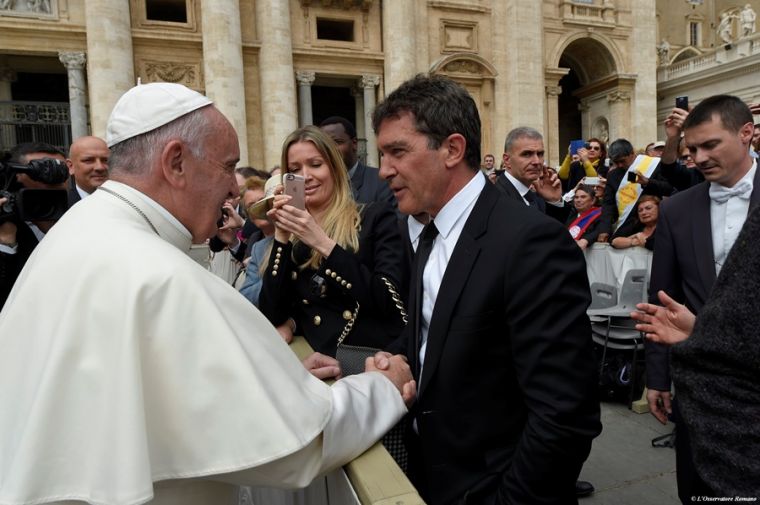More Catholic writers express concern and puzzlement over Pope Francis' exhortation on marriage and family

More respected Catholic thinkers and writers have come out with "thoughtful critiques" of Pope Francis' lengthy treatise on marriage and the family, called "Amoris Laetitia" or "Joy of Love," issued on Friday.
Their criticisms are different since "they are not the knee-jerk reactions of hard-line fundamentalist anti-papal agitators," LifeSite News reports.
In many of the critical articles that have been published, the writers appear "angst-ridden" at having to say something negative on the action taken by the Pope.
Many of the writers try to balance their critique by highlighting the many positive elements of the document. "But in the end, they cannot ignore what they view as the fatal flaws of the exhortation, especially the explosive chapter 8," according to LifeSite News.
Chapter 8 is that part of the papal document that suggests that priests should be more attuned to encouragement of sinners to follow Christ than to enforcement of church dogmas. "A pastor cannot feel that it is enough simply to apply moral laws to those living in 'irregular' situations, as if they were stones to throw at people's lives," Francis writes. "This would bespeak the closed heart of one used to hiding behind the Church's teachings."
What is also noteworthy, according to LifeSite News, is that many of these articles appear on the websites of publications that have been known to interpret the pope's frequent ambiguities in the most favourable light.
"Indeed, there is the sense that the pope's exhortation may mark something of a sea change in the world of Catholic journalism. For the past three years most Catholic writers have been at great pains to explain and interpret Pope Francis in the clear light of traditional Church teaching – even as one detected a growing anxiety in the subtext of the glut of 'what the pope really said' articles that flooded our Facebook news feeds or e-mail inboxes after every puzzling papal proclamation," it says.
Now, many Catholic journalists are asking themselves: Why do we have to keep doing this? Why do we have to work so hard in trying to understand what the pope is saying, and later analysing whether this is in conformity with established Church teaching? Why can't Pope Francis speak in clearer terms like the former popes?
Pope Francis must have anticipated this line of questioning as seen from the last part of that controversial chapter 8. "I understand those who prefer a more rigorous pastoral care which leaves no room for confusion," he writes. "But I sincerely believe that Jesus wants a Church attentive to the goodness which the Holy Spirit sows in the midst of human weakness, a Mother who, while clearly expressing her objective teaching, 'always does what good she can, even if in the process, her shoes get soiled by the mud of the street'."
In other words, the confusion in the papal document appears to be intentional, according to the Catholic writers.
Now, they ask: Why? To what end? And what does it mean that the Church has to "get her shoes get soiled by the mud of the street."











